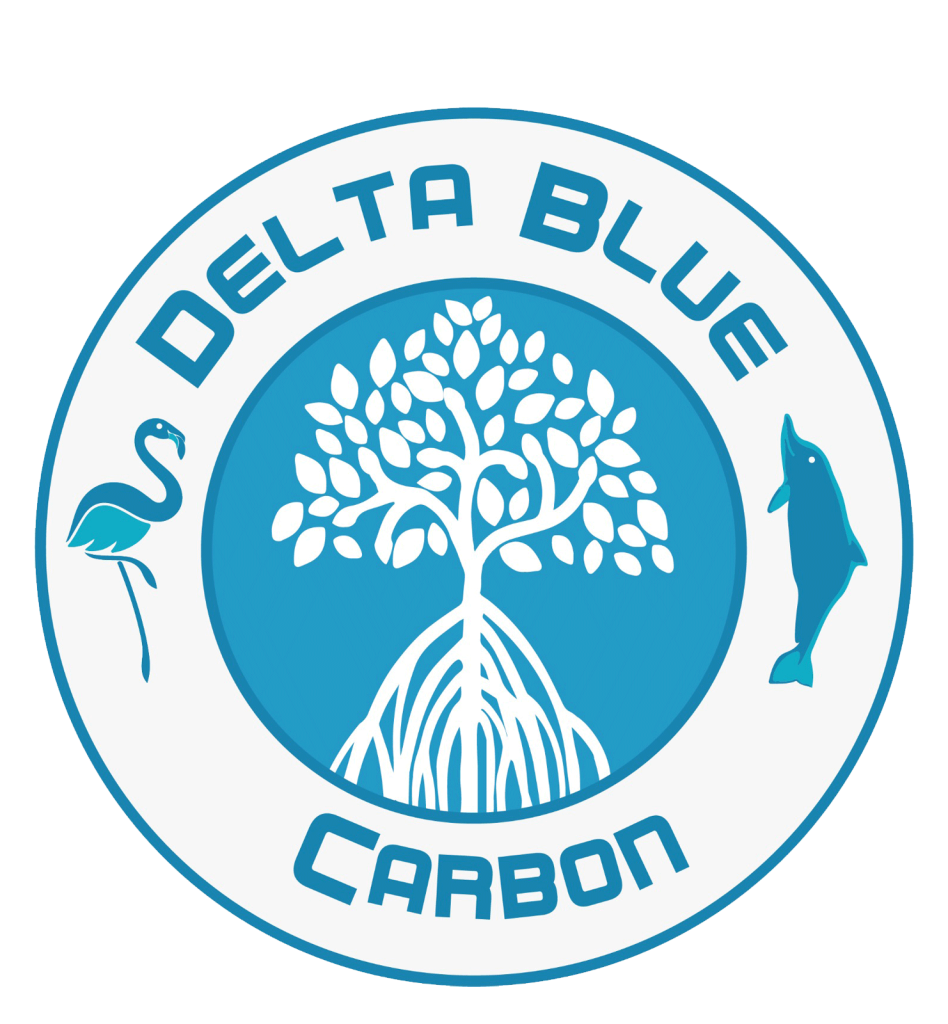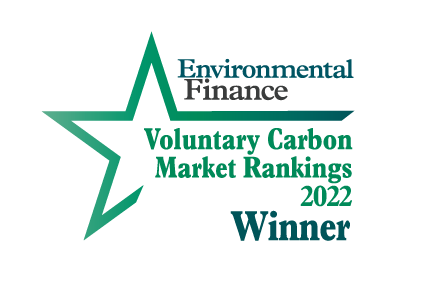Community
At the community level, the Delta Blue Carbon Project is bringing about positive change and improvements in the living conditions and well-being of marginal communities.
Through its suite of different community development interventions, the project aims to provide affordable and safe drinking water, improved sanitation and hygiene and support for provision of basic health facilities for forest-dependent communities.
The project is also delivering enhanced access to primary and secondary level education through increasing student enrollment and the improvement of learning environments.
Given the gigantic mangrove rehabilitation and restoration works that the project has embarked upon, it has also created employment and job opportunities for local community members, both male and female.
The project makes use of its labour- intensive interventions to generate decent livelihood earning opportunities for the local communities.
Local community members are engaged in various NRM related activities ranging from protection of existing mangrove forests under Mangrove Stewardship Agreements to being involved in propagules collection, nurseries raising, planting, community and infrastructure development, surveys and data collection works.
Approximately 21,000 people will get full-time employment, which is almost half of the local population.
The project has also set a target of training 18,000 male community members and 6,000 female members in different skills both NRM and non-NRM related.
The NRM related trainings among others will include crab farming, fisheries sorting/processing, agriculture, forestry and livestock management.
There are five Reverse Osmosis (RO) Plants installed in the project area which are now managed and maintained by Indus Delta Capital. More are planned for the future.
Together they will provide clean and safe water for a population of 49,000 people across 60 villages in the project area.
The project is also paying special attention to the different community health related issues such as the prevalence of communicable, non-communicable and preventable diseases, malnutrition and under-nourishment.
It is doing this through the provision of ambulances, mobile health facilities, augmentation of health facilities in the existing government health facilities and improving the access of local communities to all the seven Basic Health Units (BHUs) in the project area.


